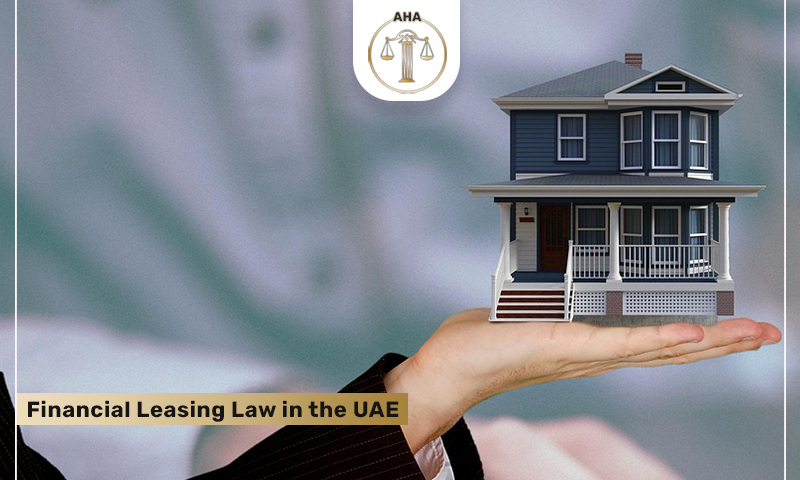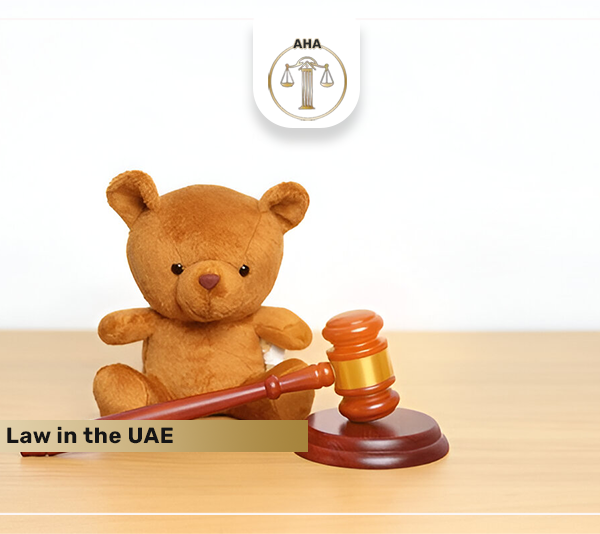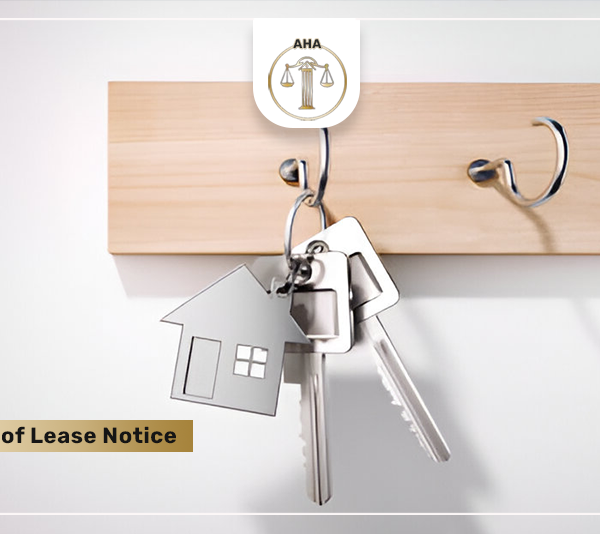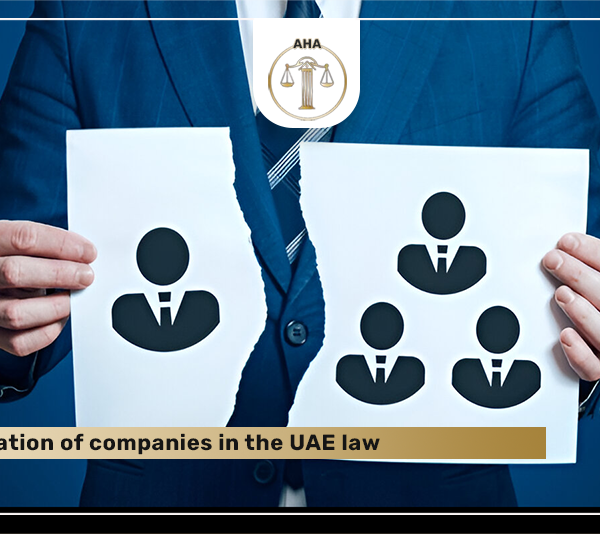Finance leasing law in the UAE is a type of asset leasing, which often results in the lessee owning the asset if they adhere to the terms of the lease agreement agreed upon at the time of contracting.
Finance leasing law in the UAE covers machinery, heavy equipment, real estate, and other assets. There are also assets that are not covered by this law.
MR Ahmed Humid Al Balooshi Law Firm – AHA LEGAL OFFICE, we will clarify everything included in the UAE’s financial leasing law, so you are aware of your rights when dealing with this law, or if you wish to lease in accordance with this law. If you have any legal questions, do not hesitate to contact us: Click and contact us now for any legal inquiries!
What is the UAE’s financial leasing law?
It is the law that grants the lessee the right to own the leased asset provided they comply with the terms of the contract. This law aims to regulate financial leasing operations in the country. It is part of the legal system that grants flexibility in the ownership of tangible assets such as cars, equipment, real estate, and other items that may be leased and are not excluded from this law. This is in accordance with Federal Decree-Law No. (32) of 2023 regarding financial leasing.
What are the regulations on which the financial leasing law is based?
The financial leasing law is based on several regulations, including the following:
1. The lease contract: The financial leasing contract must include the terms agreed upon between the parties. Both parties agree to abide by all its terms, including the lease term, the amounts paid during the implementation period, and the option to transfer ownership at the end of the contract.
2. Ownership of the asset: Ownership of the asset often remains with the lessor until the lessee fulfills all terms of the agreement. The price is often pre-agreed upon.
3. Regulation and Licensing: All companies providing financial leasing services must be licensed by regulatory authorities, such as the Central Bank of the UAE, which is responsible and authorized to monitor financial transactions in the country.
4. Rights and Obligations of the Parties: The law defines the responsibilities and duties of both the lessor and lessee, including financial obligations and conditions related to the maintenance and guarantee of the asset throughout the contract term.
5. Taxes and Fees:
Taxes and fees apply in the case of financial leasing, as with all financial transactions, and in relation to contracts subject to tax compliance and any fees required by the agreement.
6. Fulfilling Contract Obligations:
If the lessee fails to fulfill the terms of the contract, the lessor may take legal action to recover the asset or terminate the contract.
These details may vary depending on the type of leased goods and assets, especially with regard to properties with their own characteristics. Typically, the lessor is the owner of the property, and the lessee is obligated to pay rental payments for a specified period.
1. Property Ownership: As with any financial lease of any other asset, ownership of the property remains with the lessor throughout the contract term, with the possibility of transferring ownership to the lessee if agreed upon in the contract.
2. Term: The term of a property lease is usually long, compared to traditional leasing, ranging from several years. Financial leasing may be specific and directed towards commercial or residential projects.
3. Monthly Payments: Monthly payments are made to the lessor based on the property value. These payments are part of the financing that ultimately enables the lessee to purchase the property.
4. Negotiating the Final Price: The final price of the property is usually negotiated at the end of the contract term. The payments are considered part of the financing that ultimately enables the tenant to purchase the property.
5. Taxes and Fees: Fees and taxes related to the property may be allocated and may vary from one property to another.
6. Regulation and Oversight: Certain entities regulate financial leasing, such as the Dubai Land Department or relevant authorities in other emirates.
For all assets, financial leasing requires special arrangements or compliance with local laws related to the real estate or asset to be purchased. With MR Ahmed Humid Al Balooshi Law Firm – AHA LEGAL OFFICE are fully prepared to provide legal advice in the field of financial leasing… For any inquiries: Click and contact us now for any legal inquiries!





